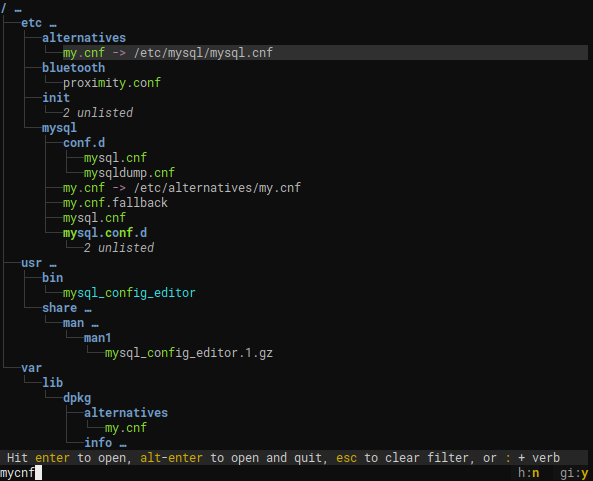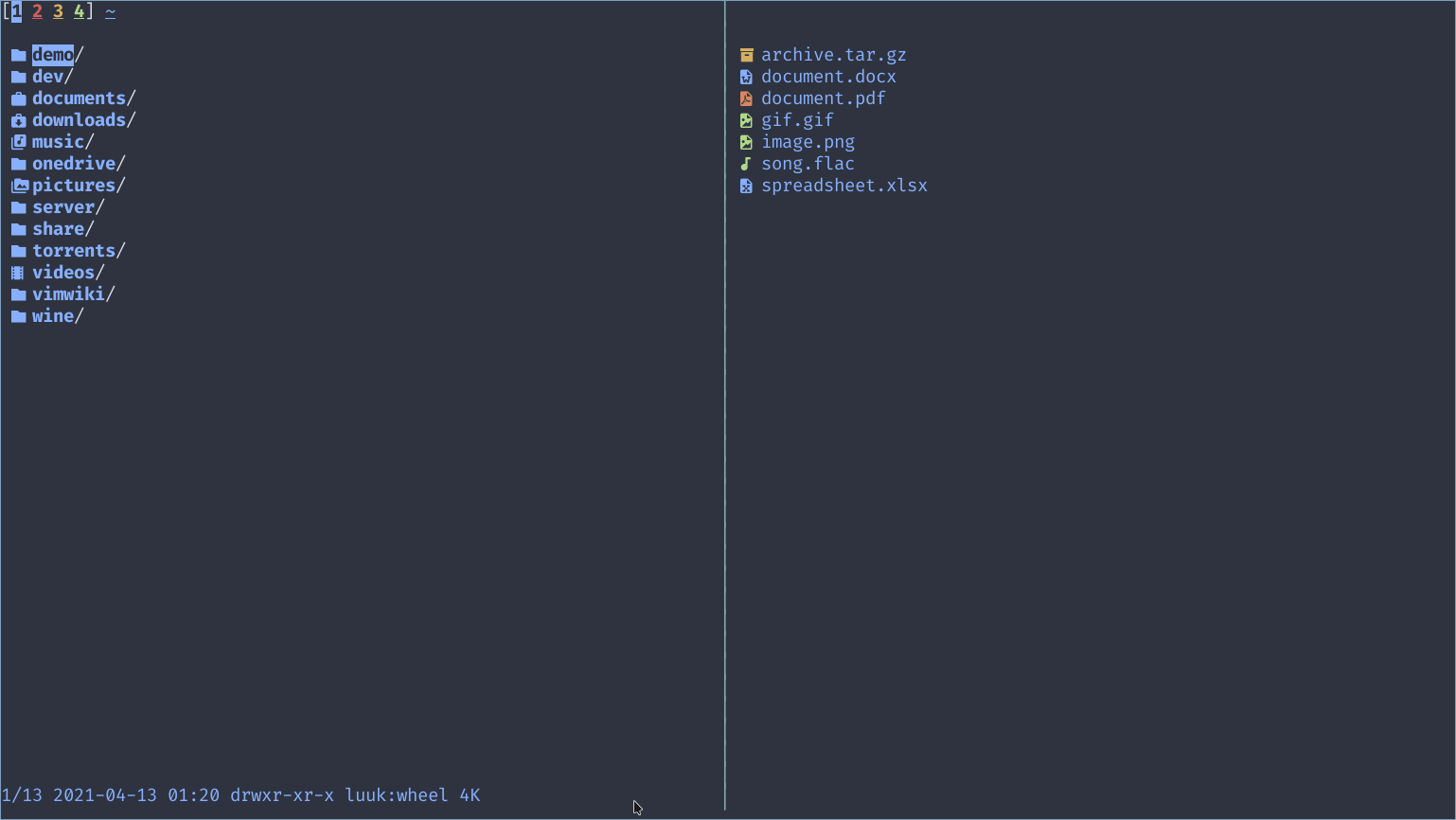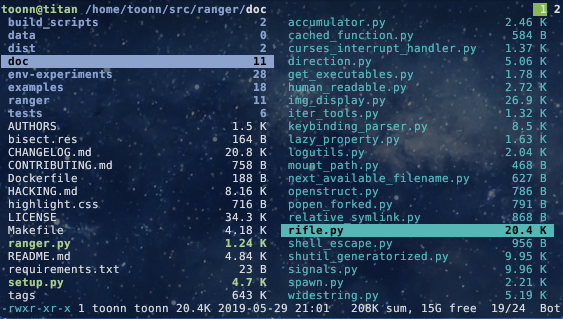Terminal Fun: Basic Utils Part 2
This is the second post of a series where I want to give some tips and tricks for the Terminal/CLI.
In the first post, I showed a few very handy tools like bat, exa, multitail, diff-so-fancy, delta, prettyping and htop/gtop/vtop.
This post is going to be a little longer so buckle-up, put your helmet on, grab a … frying pan and have fun.
What You Already Have
I think I should have started the previous post with these, there are pretty good guides about basic Unix tools, let me show you a couple I ran into recently: Unix ToolBox is a collection of commands for advanced users, also available in a nice booklet form. Additionally, I like these tweets about the basics:
10 Linux commands every programmer should learn
— Javarevisited (@javarevisited) June 3, 2020
1. find
2. grep
3. awsk
4. netstat
5. lsof
6. curl
7. sed
8. vim
9. git
10. top
if you need more iedas check @b0rk this zine pic.twitter.com/YLILmGroed
Linux is one of the most common Operating System 🐧
— SecurityGuill (@SecurityGuill) June 8, 2020
I have realized an #Infographic that presents some basic #Linux Commands. 📖
Follow me @SecurityGuill 🌐 for more infographics about #Infosec #CyberSecurity #Hacking pic.twitter.com/nAfPAHA1A5
Search Tools
fd
fd is a simple and convenient alternative to find with some opinionated defaults, check out its readme.
ack
ack is a code-searching tool, similar to grep but optimized for programmers searching large trees of source code. It is highly portable and runs on any platform that runs Perl. Why should you use it? Check out the official site and the readme.
broot
broot is a simple navigator for your files/directories with search capabilities, check out the readme for more examples.

peco
peco is a simple interactive filtering tool, check out its readme.
If you were missing FZF from this list, there will be a separate post for it. :)
Files
You might be familiar with mc (Midnight Commander) but there is more.
nnn
nnn is a terminal file manager; it’s small, simple and offers great performance, check out the features in the readme

ranger
ranger is a terminal file manager with vi key bindings. It has a nice curses interface with a view on the directory hierarchy and it also supports multi-pane view mode, check out the readme.

vimv
vimv is a terminal-based file rename utility that lets you easily mass-rename files using Vim, here’s the readme

Ncdu
Ncdu stands for NCurses Disk Usage, it is a disk usage analyzer with an ncurses interface. It is designed to find space hogs. Check out the official Ncdu site and also the screenshots.
Pro Tip: You can set-up coloring and exclusion patterns, check out the manual.alias ncdu='ncdu --color dark -rr -x --exclude .git --exclude node_modules'
Duc
You might also want to check Duc. It is a collection of tools for indexing, inspecting and visualizing disk usage. Duc maintains a database of accumulated sizes of directories of the file system, and allows you to query this database with some tools, or create fancy graphs showing you where your bytes are.
neovim
neovim is Vim-based text editor which that seeks to aggressively refactor Vim source code to make it better and make it easier to maintain. Check out the project page.
If you want to use nvim when you type vi or vim:
alias vim='nvim'
alias vi='nvim'If you want to open the current directory in your favorite editor:
alias a='atom .'
alias c='code .'
alias v='vi .'If you want to use a GUI instead of a terminal editor:
export EDITOR='code --wait'JSON
You might have already known jq but I think it’s worth to check fx too.

Posts in this series
Thanks to Peter, who let me know about some of these tools.

